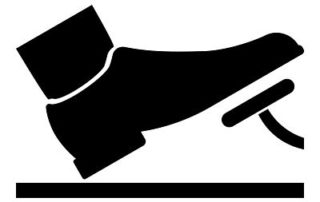A bad fit pinches
We have all bought clothes that weren’t quite the right fit. Whether too tight, too big or whatever the issue — they are uncomfortable and when you are wearing that misfit of clothes — you are very aware that something is not quite right. In fact, pretty soon, the pinching, sagging or snugness is all you can focus on. You either bought it without doing your homework (trying it on or moving around in it) or it was so cool/cute/dashing that you ignored the intial discomfort, thinking you could either fix it or get used to it. But we don’t. I think that exact same thing happens with clients. We either ignore the warning signs, think we can fix them or, if we’re honest with ourselves, we want their money and don’t care if the fix is off. You know it when you do it. There’s that nagging voice in the back of your head that you shhh every time it raises a concern. We’ve all done it. If you haven’t done it yet — you haven’t owned your agency very long. I get why we do it. But I also get the price we pay. I have never seen an agency turn that situation into a profitable one. In the short run — sure, you can make some money. But in the long run, you are going to lose money and even worse, potentially lose critically valuable team members. That’s why I wrote the article How to Find New Clients That Fit Your Agency Perfectly for Forbes. I not only believe we don’t have to settle for wrong fit clients but I think we’re fools if we do. Take the time to find the [...]











